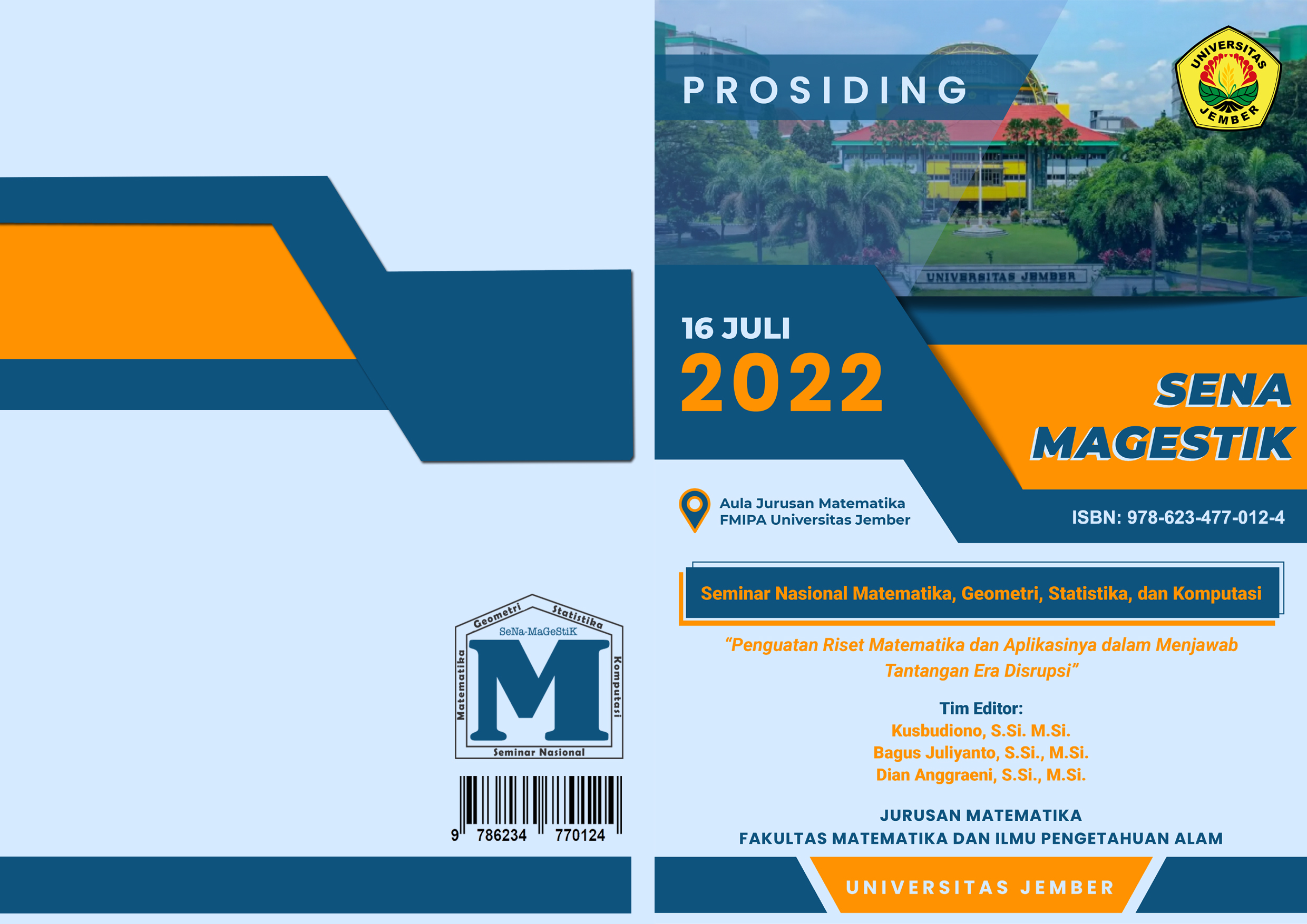Peningkatan Kemampuan Pemecahan Masalah Matematis Peserta Didik Melalui Pembelajaran Realistic Mathematics Education (RME)
(Improving Students' Mathematic Problem Solving Ability Through Realistic Mathematics Education (RME))
Abstract
This study aims to 1) analyze the improvement of mathematical problem solving skills with realistic-based learning (Realistic Mathematics Education RME) as a whole, 2) analyze the improvement of mathematical problem-solving skills with realistic-based learning (Realistic Mathematics Education RME) based on education level. The sampling technique used was purposive sampling. The research method is a meta-analysis with a sample of 20 national journal articles. The data analysis technique used Cohen's d effect size. Sampling consisted of four levels, namely Elementary School (SD), Junior High School (SMP), Senior High School (SMA), and tertiary institutions. The results of the meta-analysis show that increasing mathematical problem solving skills through realistic-based learning (Realistic Mathematics Education RME) has an Effect Size at the Elementary School (SD) level = 0.90 (high effect), at the Junior High School (SMP) level = 0 .63 (medium effect), at the high school level (SMA) = 0.23 (low effect) and at the university level it is 0.38 (low effect). Between the education levels of Elementary School (SD), Junior High School (SMP), High School (SMA), and College the average value of Effect Size = 0.67 (medium effect).
Keywords: Meta analysis, Realistic Mathematics Education (RME), Mathematical problem solving ability


